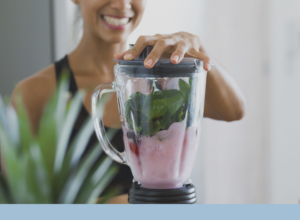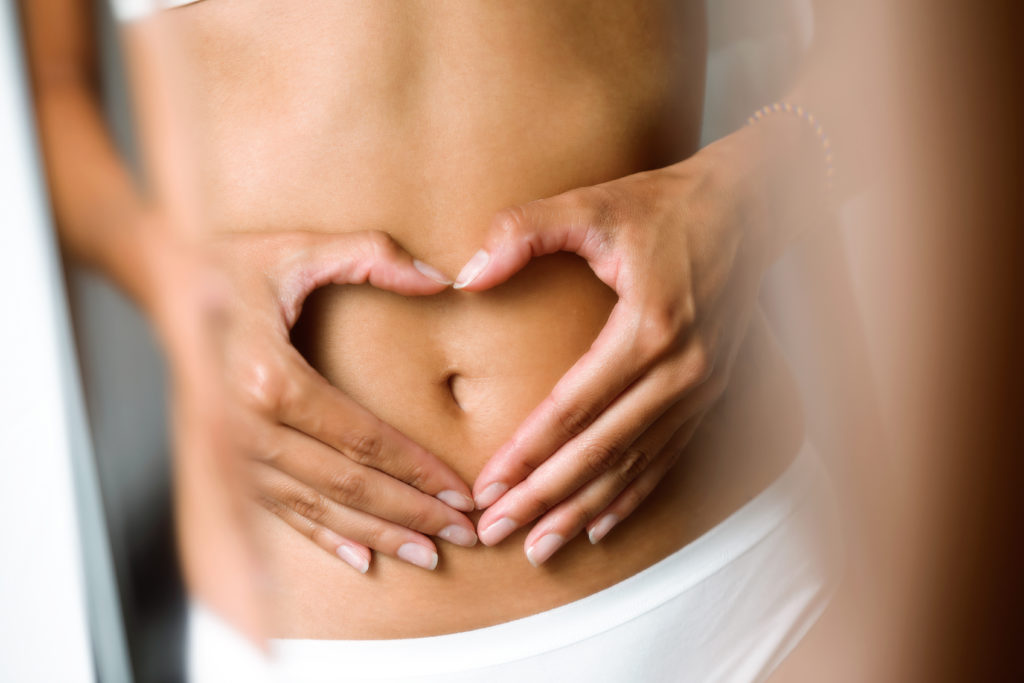
Inside our bodies, there’s a family of different types of bacteria that are friendly to our health called probiotics. Recently the importance and function of these probiotics have been researched to much greater detail than ever before in history. What science is finding out at every turn is that probiotics are more and more critical to various parts of our health than ever previously imagined.
While the numbers vary, the scientific community widely agrees that within our bodies, there are more cells of these friendly bacteria than there are cells of us as a human being, meaning you’re less “human” than you are “friendly bacteria.” As an ecosystem, our bodies merely exist to serve the colony of our bacteria. So, as you can imagine, the impact that friendly bacteria have on our health, reactively and proactively, is enormous. To a degree, our friendly gut bacteria quite literally dictate many of our health outcomes and play functions in nearly every real condition that’s important to us in our body.
The Health Benefits of Probiotics
1. Immunity

Probiotics play a huge role in our immune system. In fact, the front line of our “gut immunity,” which is the most interactive portion of our entire body. Everything that we consume from our environment is within our gut. If the proper diversity and health of our friendly bacteria go down, it can leave a giant hole in our immunity. Thus, our susceptibility to getting allergies, illnesses, infections, and other invaders increases.
2. Gut Health
Probiotics help with our digestion by creating forms of vitamins that are difficult, if not impossible, for our bodies to get in any other way. We can’t eat these specific vitamin forms in our food, and our bodies can’t make these particular vitamins on its own. Our reliance is on our friendly bacteria to properly breakdown certain foods for these specific vitamins so that our bodies can make use of them within the functions of our health.
3. Weight Management

The newest piece of interesting research is that our friendly probiotic balance is a significant determinant in weight management. There’s a new medical procedure where Doctors can perform a fecal transplant for weight loss. The way this works is Doctors will take someone who’s overweight and do an eradication of their probiotic levels. Then they take a transplant of fecal material from somebody who’s at a healthy weight and put it into the overweight recipient, and their weight improves by the “borrowed” friendly bacteria culture of the thinner person. By properly managing our probiotic levels and diversity, we can have a better chance of weight loss and maintaining a healthy weight.
4. Mental Health
Other new forms of research show that friendly bacteria play an essential role in our brain chemistry. Our brain does not produce the “happy brain chemicals” that keep us from feeling down and negative. Science has revealed that they’re produced from the friendly bacteria in our gut. (The term, “gut-feeling” just got a little more real, didn’t it?)
Lifestyle Choices That Damage Healthy Gut Bacteria
1. Antibiotic Overuse
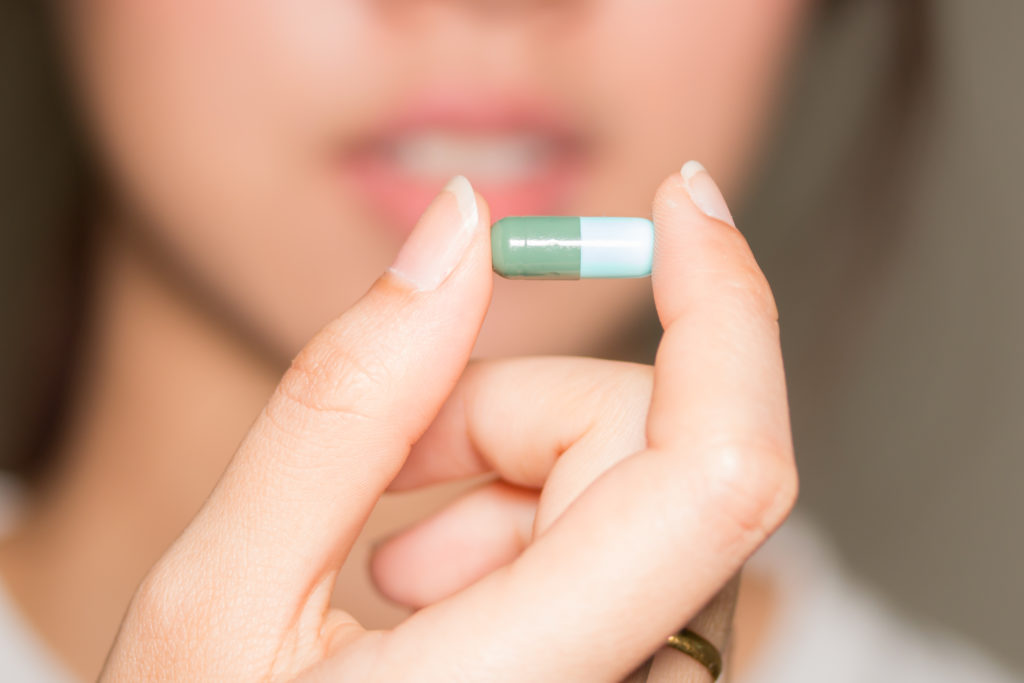
First and foremost, the overuse of antibiotics is the single most damaging thing that you can do to your friendly bacteria levels. Antibiotics have been amazing, lifesaving, world-changing drugs within the uses where they’re really needed. The problem is the massive overuse of antibiotics. While they do kill the harmful bacteria, they kill all your good bacteria too. So, these friendly bacteria that we rely on for our immunity, digestion, and mental health are damaged and quite possibly killed when we overuse antibiotics. If the situation is vital and antibiotics are really needed, obviously use them! Afterward, we’ll worry about building your probiotic levels back up. But in the case of a minor cold or other little inconveniences, those are not good times to use antibiotics.
We need to do a better job of boosting our natural immunity and letting our body’s take care of those things rather than throwing antibiotics at every little sniffle because there’s a big downside to that. Antibiotic overuse can have adverse side effects that are damaging to other things in their long-term health to take care of a pretty quickly rectifiable condition with some simple dietary changes which is one of the reasons that we recommend natural Candida treatment – people don’t have to result in “the chemical fix” as often.
2. Lack of Dietary Diversity
Just as we have nutritional needs, so do our friendly gut bacteria. The way they get their nutrition is by digesting the foods that we eat. Thus, we want to make sure we’re eating a widely diverse diet. Avoid getting pigeonholed on 1-2 items in your diet so you can give your body and probiotics the dietary diversity that they need.
3. Drinking Excess Alcohol

Research shows that mild to moderate alcohol intake does some things that are frankly quite good for our health in terms of stress relief. If you’re drinking wine, there are interesting nutritional effects that happen, but all of the benefits that come from drinking one to two glasses occasionally. If you’re drinking excess, for example, going out for the weekend and getting blitzed – bad stuff happens. If you’re somebody, who drinks more than 1-2 drinks on the daily – bad things happen. Alcohol moderation is essential for many reasons, but specifically, the overuse will kill or damage your probiotic levels.
4. Smoking Cigarettes
There’s nothing smoking is good for, right? You could almost put slogans stating that “smoking is damaging to everything health-wise,” but it also happens to be damaging to your probiotics. If the cancer risks and not being able to breathe walking up a flight of stairs hasn’t scared you off from smoking, maybe consider quitting for the benefit of your friendly bacteria!
5. Low Prebiotic Intake
Probiotics are the actual friendly bacteria themselves – you could look at prebiotics as the fertilizer for those probiotics. They’re what helps to build up and maintain a really healthy and happy culture of friendly bacteria in your gut. Any digestive resistant fiber can act as a prebiotic. We can’t digest them, but those friendly bacteria can consume, digest, and get healthy on them.
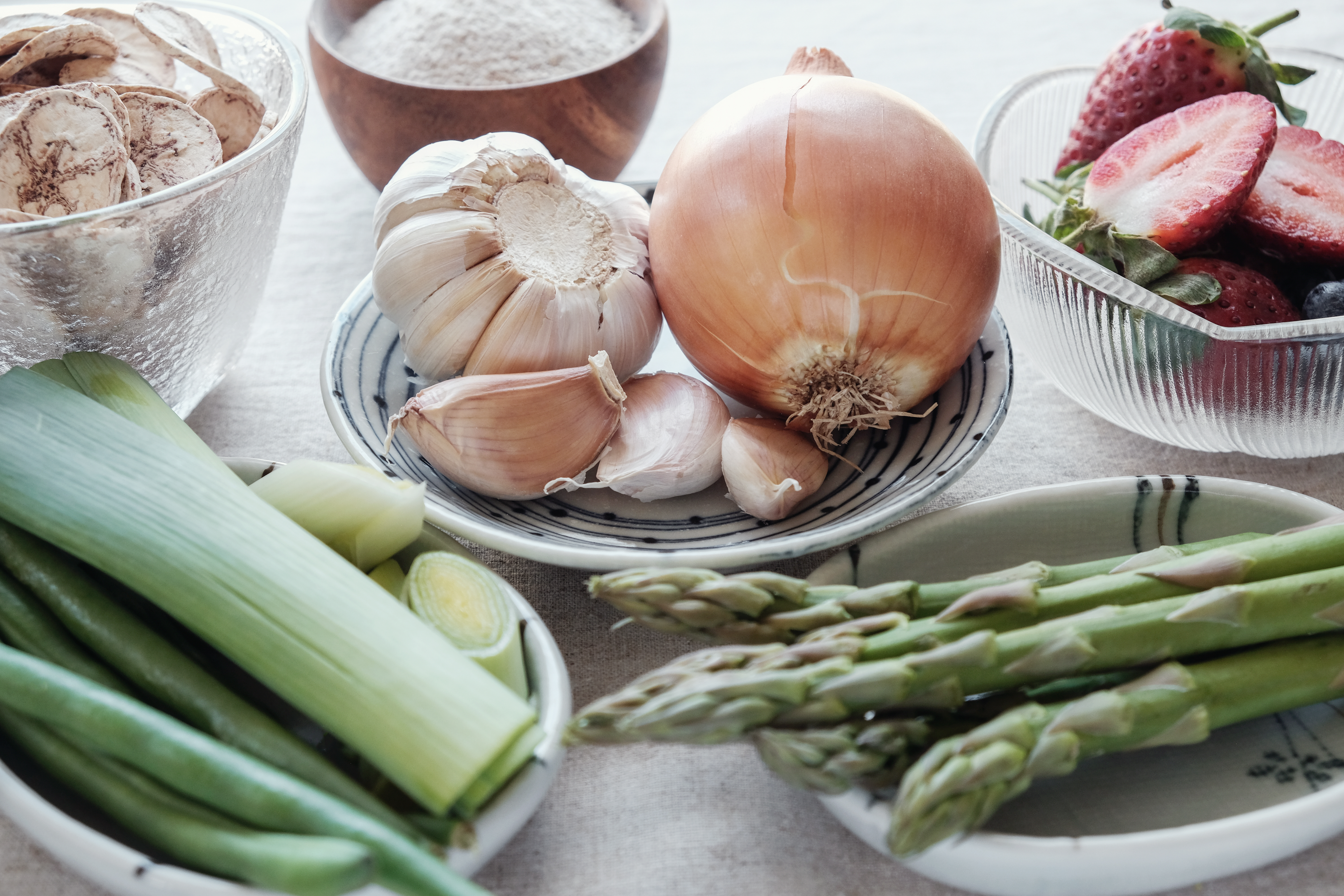
For one, that’s why it’s crucial to have a high diversity in your diet by eating lots of fruits and vegetables. For two, that’s why in the M’lis MRP there are prebiotic fibers in there along with probiotics – to give you the prebiotic fibers you need to keep your probiotics healthy every day!
How to Choose the Best Probiotic Supplement for Your Health
Next, here’s a controversial topic. Probiotic marketers are pushing probiotic supplement’s amount per serving up and up. Go into the grocery store and look at the probiotics listed in the refrigerated section — you’ll find products with 20-80 billion units of probiotics. Marketers will use “serving numbers” as an arms race while trying to promote that their product is the best because they’ve got “the highest amount of probiotics” in it. The truth is, fragile probiotics that need refrigeration to stay healthy are unprotected and thus cannot survive during the body’s acidic digestion process.
No one stops to think, “if they’re fragile enough to require refrigeration, ‘preventing’ them from being damaged by room temperature, what happens when I put them in my body? What happens when they hit 100 degrees before they implant?” Frankly, what happens is they’re destroyed. So, you’re spending lots of money on 80+ billion units probiotic formulation, and your stomach acid destroys the probiotics before any of them can implant inside of your gut. Your net benefit from that is if nothing, next to nothing!
The entire reason why we enterically coat and nano-encapsulate all of our probiotics cultures is so they’re shelf-stable and can survive at 80 degrees on a product shelf. Another big reason why is so they’re protected and buffered from all of your stomach acids during digestion. Many probiotics are killed by your body before they get to where they need to be, but the M’lis Probiotic opens up after the juncture of the common bile duct, meaning they implant precisely where we need them to go — in the gut. I don’t understand why no one else is doing this! It’s the only way that makes sense to supplement probiotics, and so many companies are selling a ton of crappy probiotic supplements that just don’t do this.
The Best Probiotic Strains and Why They’re Important for Your Health
Another thing probiotic marketers are doing to try and gain a marketing advantage is stating that there are “35 different strains of probiotics” in their product. People who don’t know the science, assume more strains listed on the bottle are better. However, while the diversity of your friendly bacteria across a number of strains is essential, it’s challenging to create diversity by supplementing with a whole bunch of different types.
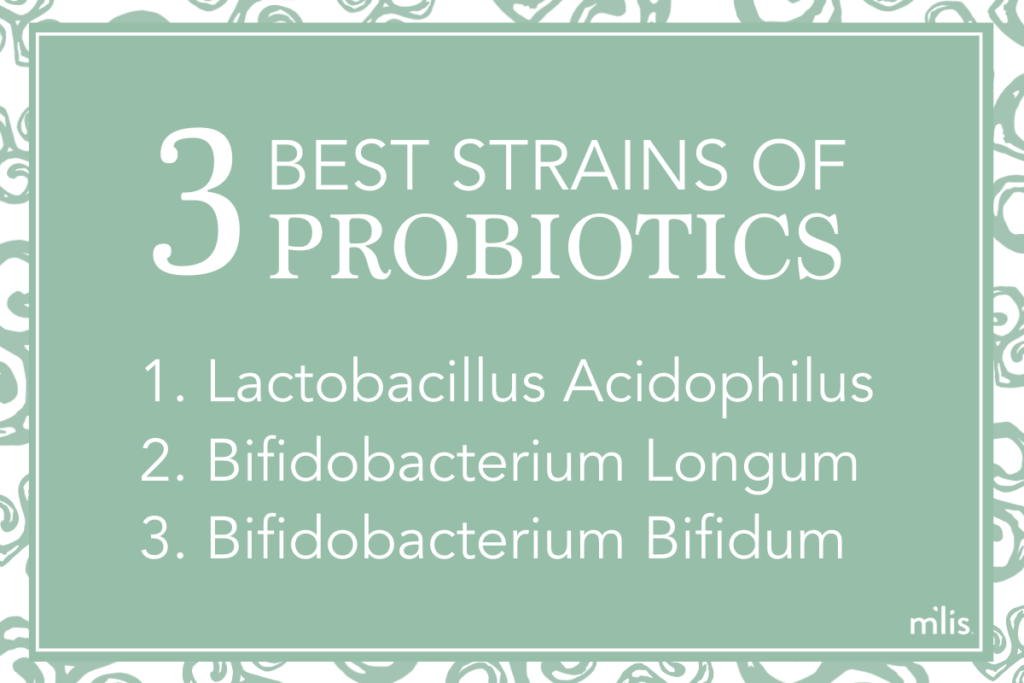
The vast majority of your friendly bacteria culture is made up of three basic foundation strains. These three primary foundation strains create a positive environment to allow diversification to happen. Because of that, M’lis focuses on the three strains that important, which are Lactobacillus Acidophilus, Bifidobacterium Bifidus, and Bifidobacterium Longum. That’s the vast majority and bulk of what your existing strains are. By supplementing with these three strains — diversification happens at a higher rate than if you’re supplementing with small amounts of dozens of different strengths.
Having probiotics scientifically formulated with a technological delivery system and the proper strains is the only place to focus on for health results. All the other stuff is marketing fluff. The 80 billion units are marketing fluff. The hundred different types are marketing fluff, and that’s where people are getting misled. They’re spending a lot of money, time, and health in solutions that are never going to get them to where they need to be.



